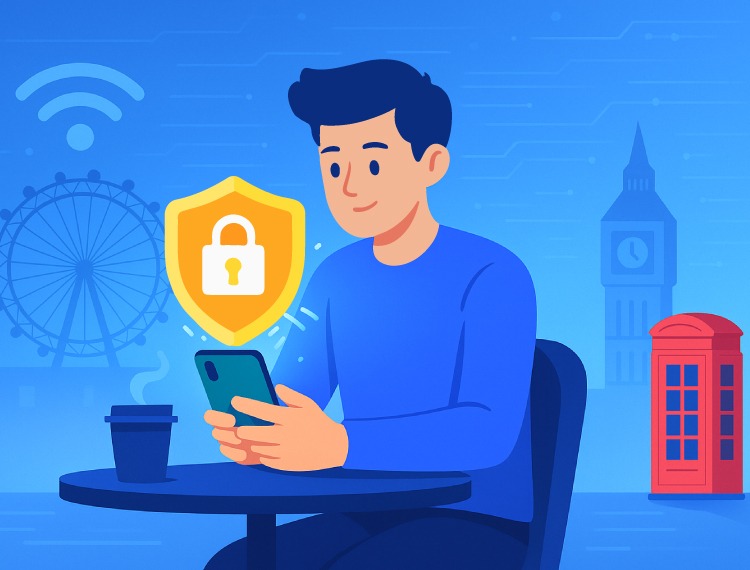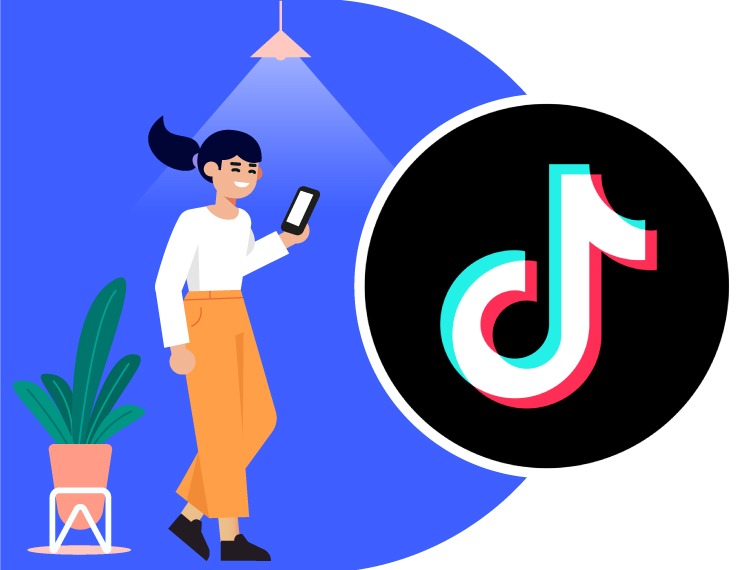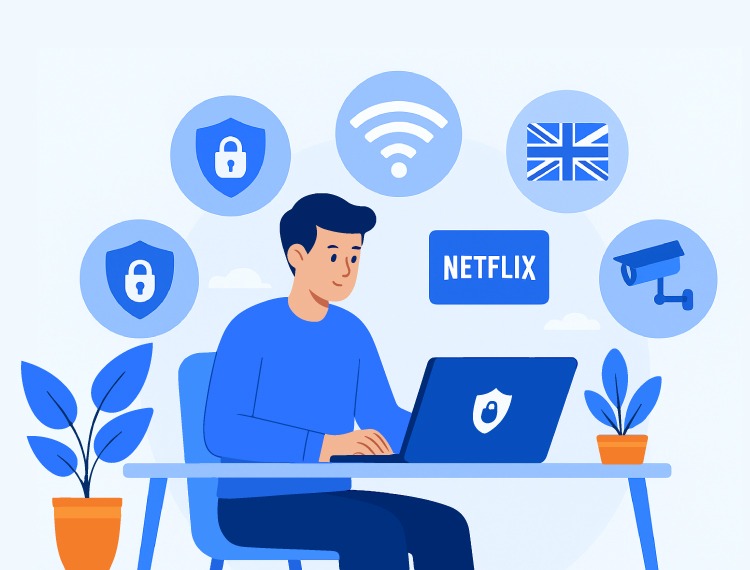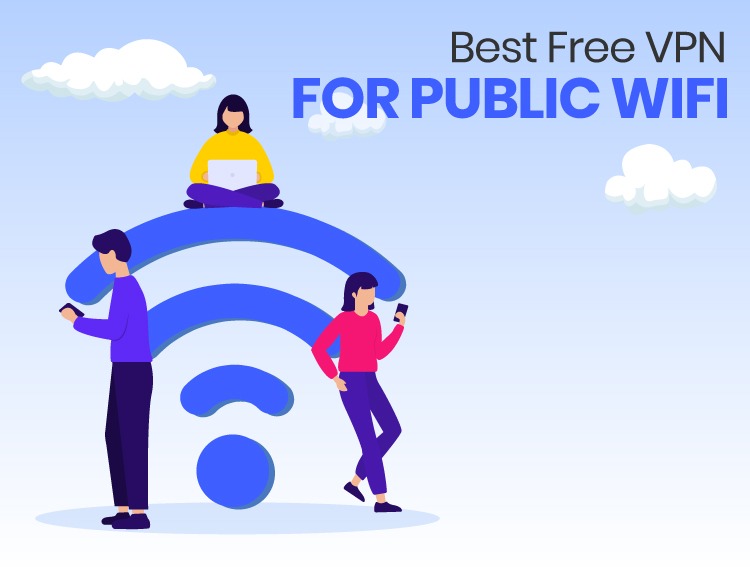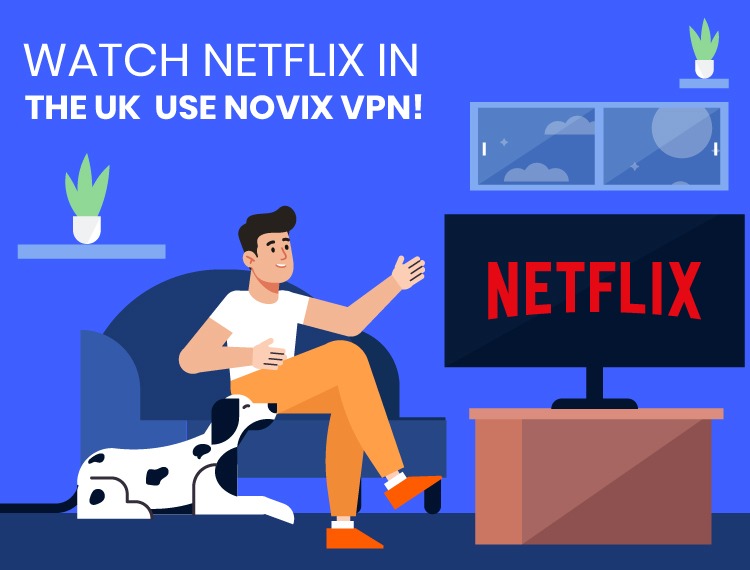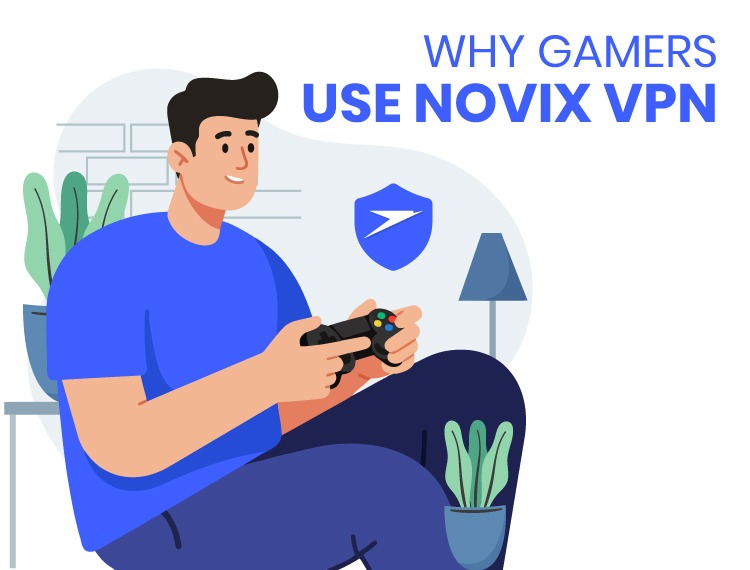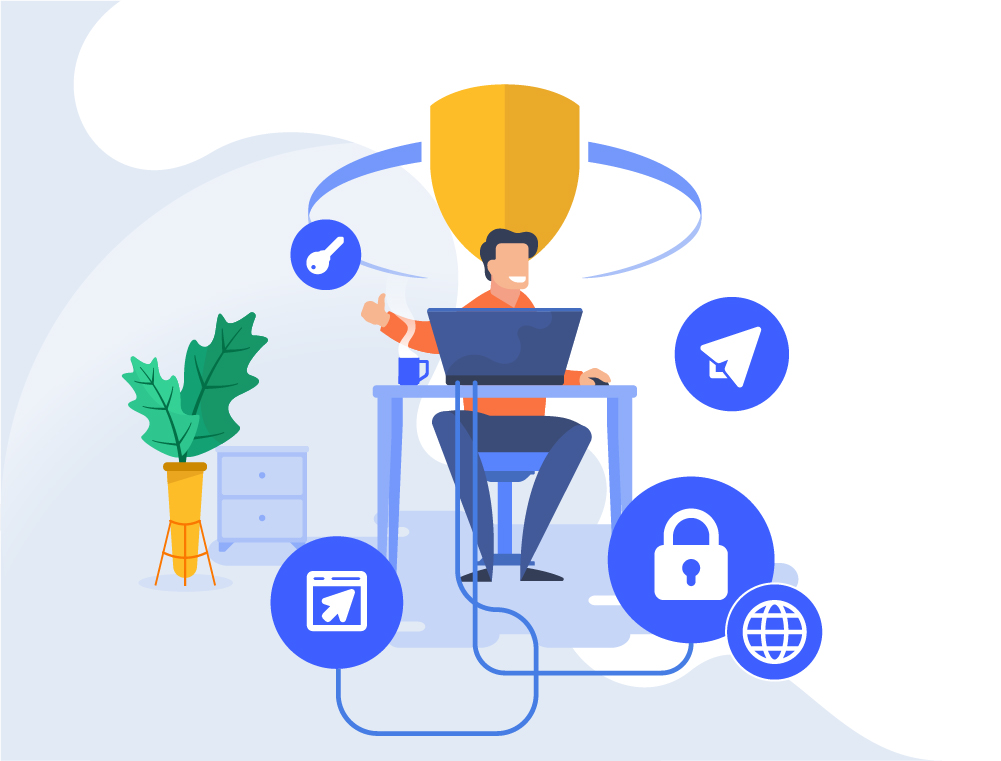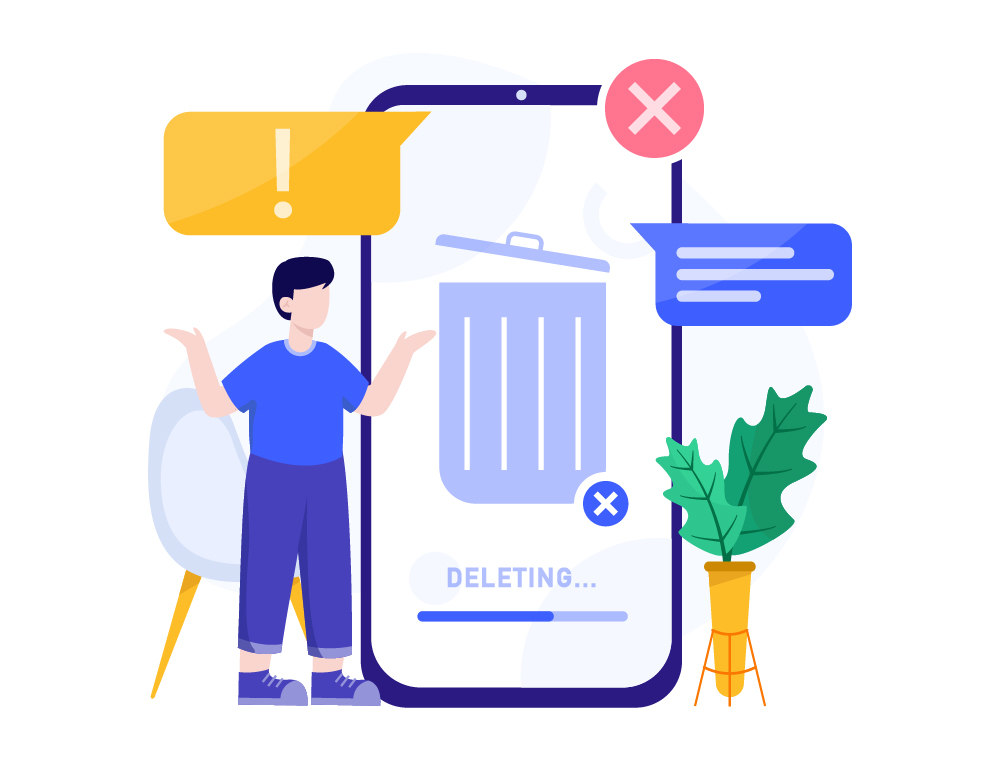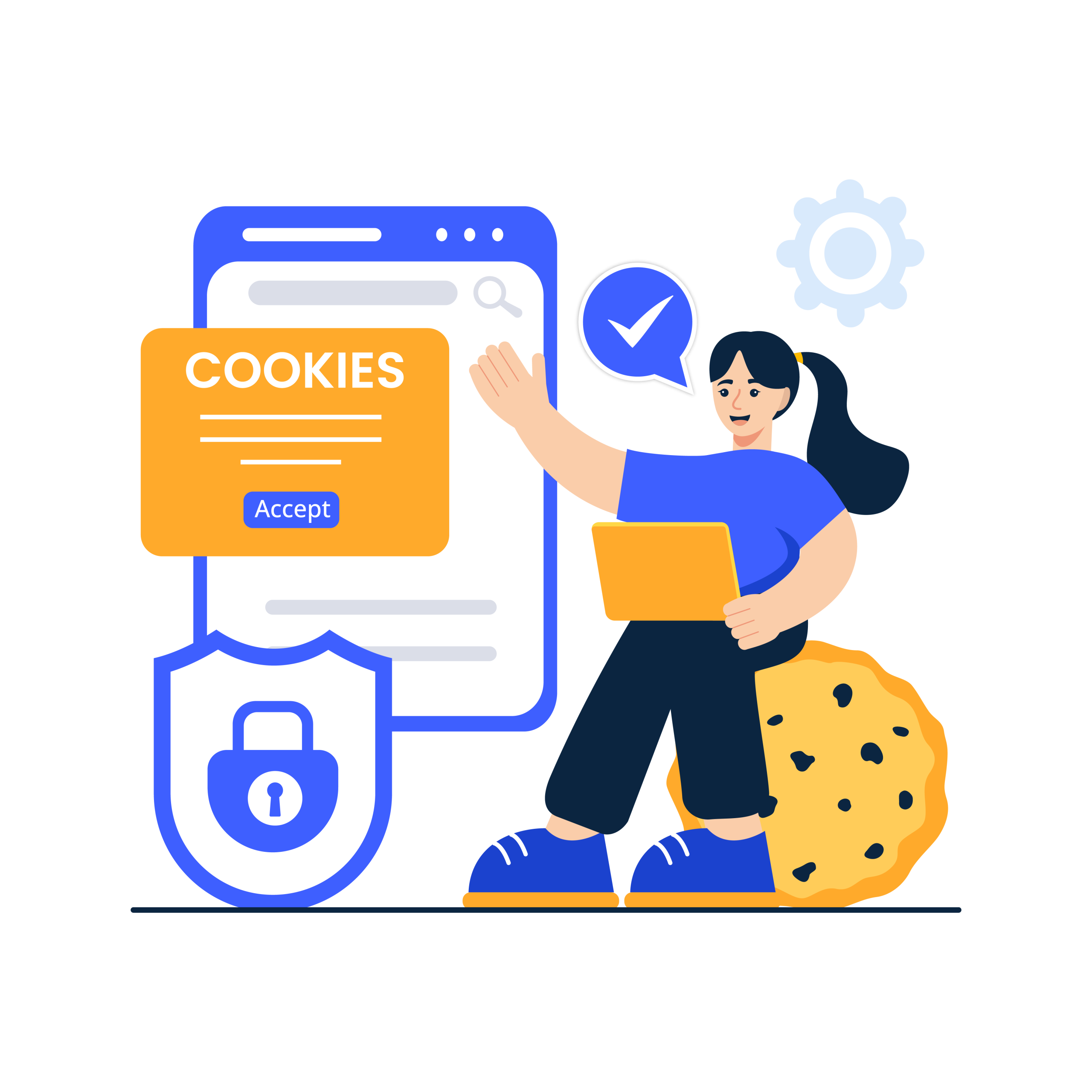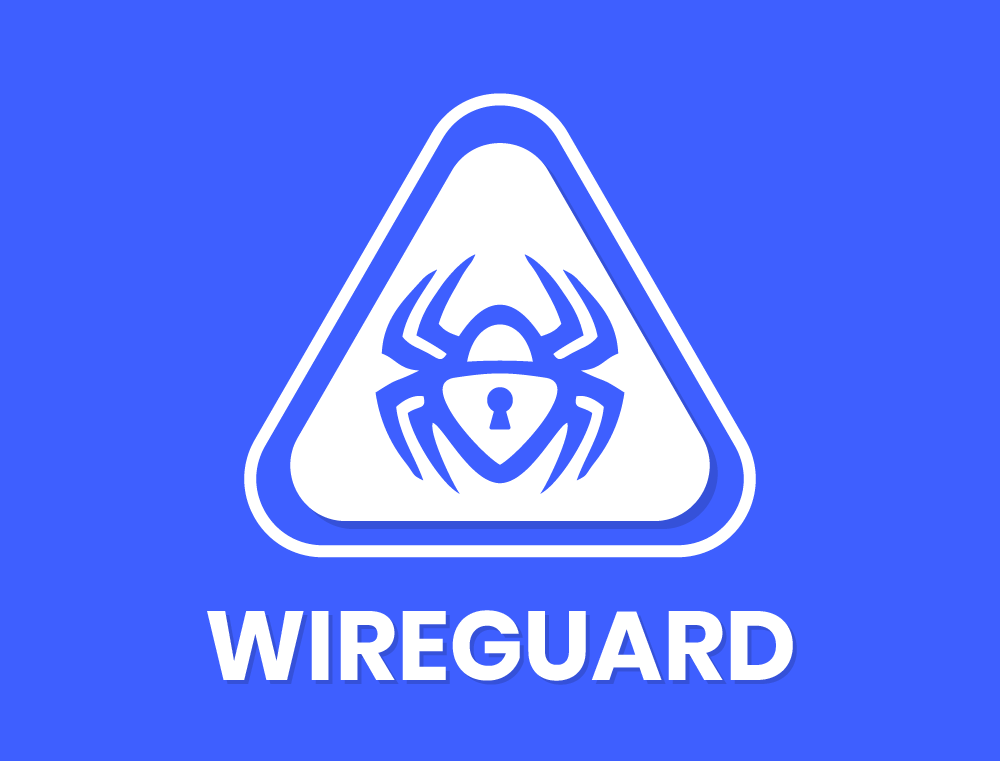Using public Wi-Fi in London feels like a win. Free internet in a café, airport, train station, or park. But it comes with risk. If you’re on Android, the danger is higher. Hackers can sneak into unsecured networks, grab your data, and hijack your accounts before you even notice.
In 2025, digital safety is not optional. Whether you’re browsing headlines at King’s Cross or streaming in Soho, you need to protect your device. Here’s how to stay safe, with help from Novix VPN.
1. Use a VPN to Encrypt Your Connection
Let’s start with the one thing that actually protects you: a VPN.
A Virtual Private Network shields your traffic in a secure tunnel. It hides your IP address, encrypts your data, and blocks unwanted eyes from watching what you do online. It’s your digital cloak in the middle of London.
Why Novix VPN works well for Android users in London:
- Strong encryption with a strict no-logs policy
- Uses the fast and secure WireGuard protocol
- Simple Android app with one-tap protection
- Includes a built-in speed test and automatic kill switch
- Free global servers including one close to the UK for better performance
No signup. No payment. Just install it and connect.
2. Stick to Trusted Networks Only
Not all Wi-Fi is safe. London has networks like Connected London WiFi that are supported by the city and more secure. Avoid random open hotspots that could be traps.
Turn off auto-connect on your Android to prevent it from jumping onto unknown networks without asking.
3. Keep Your Device Up to Date
Your Android should be ready before you even think about connecting.
- Install the latest Android security patches
- Enable two-factor authentication for important accounts
- Use trusted apps from verified sources
- Stick to HTTPS websites when browsing
- Avoid logging into sensitive accounts without protection
Updates fix holes that hackers love to exploit. Don’t skip them.
4. Disable Auto-Connect and Add Extra Protection
Public Wi-Fi should always be treated with caution.
- Turn off auto-join for unknown Wi-Fi
- Use a security app that can detect phishing and malware
- Make sure your Android asks before connecting to new networks
Stay in control. Don’t let your phone make risky choices without you.
Quick Summary: How to Stay Safe on Public Wi-Fi in London
| What to Do | Why It Matters |
| Use Novix VPN | Encrypts traffic and hides your IP |
| Connect to Verified Networks | Avoids fake and malicious Wi-Fi hotspots |
| Keep Device Updated | Closes security gaps and blocks known threats |
| Enable Two-Factor Authentication | Adds extra protection for your logins |
| Use HTTPS and Trusted Apps | Keeps sensitive info encrypted |
| Turn Off Auto-Connect | Prevents accidental exposure |
| Use a Security App | Detects dangerous files and phishing links |
Why Novix VPN is Great for Android in London
Novix VPN is built for everyday users who want real protection without the drama.
- Totally free access with no trial restrictions
- Five fast global servers including one near the UK
- Unlimited bandwidth for streaming and browsing
- WireGuard support and a kill switch for added safety
- A no-logs policy that respects your privacy
Whether you’re scrolling on the Tube or downloading files at the airport, Novix keeps your data safe and your connection stable.
Final Thoughts
Public Wi-Fi in London is everywhere. So are threats. But with a few smart habits and a trusted VPN, you don’t have to worry.
Novix VPN helps you stay private, access safely, and browse without limits. Combine it with device updates and verified networks, and you’re protected across the city.
